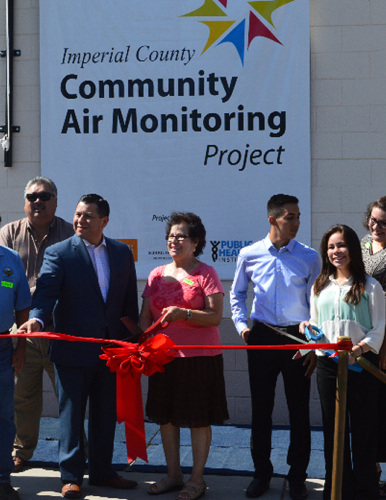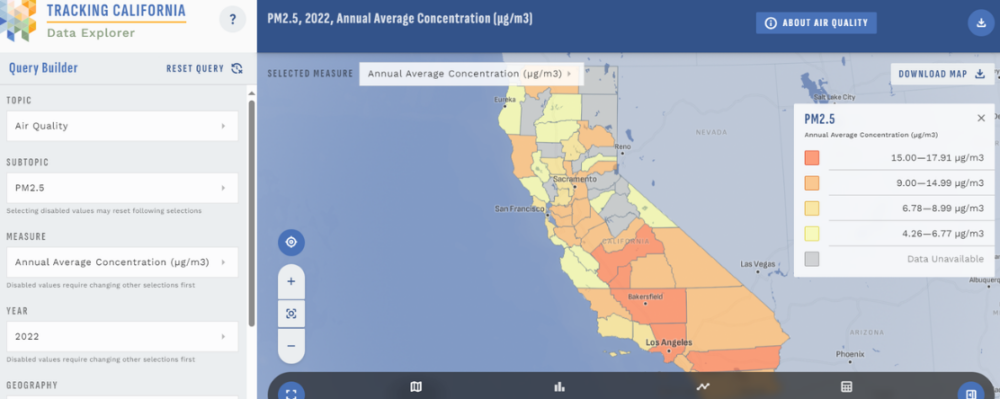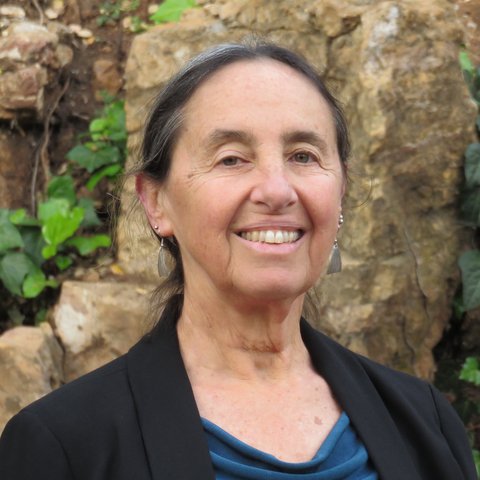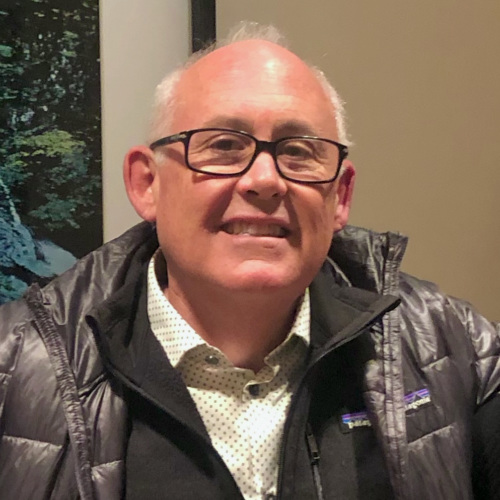
Climate Change
Climate change is one of the greatest public health challenges of the 21st century. PHI advocates for healthy and climate-resilient communities that have the right tools to mitigate and adapt to climate change, while promoting strategies to reduce the overall factors which drive climate change in the first place—focusing on the vulnerable communities impacted worst and first. We develop and implement policies that address the root causes of climate change and protect communities from its worst impacts. We design and implement research programs to identify the current and future impacts to communities by tracking rates of asthma, communicable and chronic diseases, and other related health threats. PHI’s adaptation and mitigation strategies emphasize co-benefits for the health, agriculture, transportation, urbanization, and energy sectors—at the local, state, national and global levels.
Learn more about PHI’s work on wildfires and extreme heat.
Our expertise can make your work stronger
See how PHI can work with you to support or lead your work on this issue.
Our Impact
See all Climate Change Impacts

- PASSED the most aggressive climate change bills in the country SB 32 and SB 1383
- 13 urban local health departments in a national learning collaborative for climate health equity
- TRACKED heat vulnerability and heat-related illness to minimize heat impact in CA

Programs

Ofelia Flores, a farmworker who works on a ranch in Oxnard, California, shares her experience saving her colleagues from heat related illnesses on the fields. This video is part of a series from farmworker leaders that shares their personal stories about the health risks of climate change, created by PHI’s Achieving Resilient Communities and partners.
PHI Experts Working on this Issue:
Work With Us
You change the world. We do the rest. Explore fiscal sponsorship at PHI.
Support Us
Together, we can accelerate our response to public health’s most critical issues.
Find Employment
Begin your career at the Public Health Institute.




















